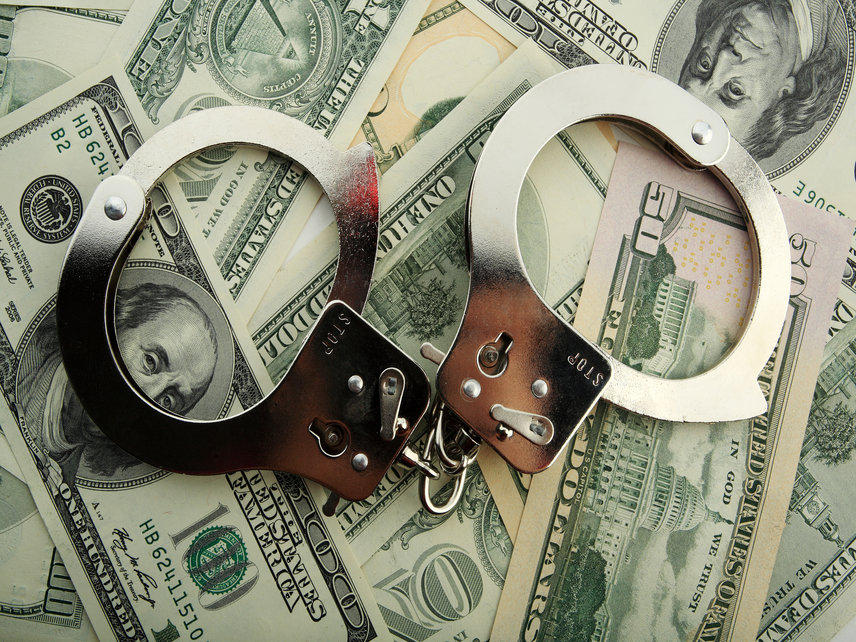Philly's Drug War: It's Costly, It's Corrupt, and It's Putting Innocent People Behind Bars
Allegations of police misconduct get around 1,000 cases thrown out.

The war on drugs comes with a big price tag in Philadelphia. The city is spending millions to settle more than 300 lawsuits stemming from the local narcotics unit's misbehavior.
Many of the suits can be traced to the acts of one policeman. In 2013 the FBI arrested Jeffrey Walker, a veteran officer who confessed to planting drugs in a dealer's car and then stealing money from him. He later testified against fellow members of the unit and has served prison time.
Walker was a narcotics officer for 14 years. The courts have thrown out scores of cases involving him or other officers he implicated, and the suits against the city are piling up. But as expensive as the lawsuits are proving to be, the bigger price paid goes beyond taxpayers' money: People may have served time for crimes they didn't commit.
Take Marcia Hintz. She was raising her grandchild and holding down a job working with mentally challenged adults when police arrested her in September 2006, saying she had sold Xanax pills to an undercover agent. Hintz testified in her own defense, claiming that the drugs found in her house were prescribed to her longtime live-in friend. A policeman testified against her.
"He was a cop," Hintz told The Philadelphia Inquirer. "Who are you going to believe?"
Hintz served three years of a five-to-10-year sentence. Her case was eventually thrown out, along with around 1,000 other cases. The city awarded her $625,000 to compensate for her years behind bars.
Kareem Torain was arrested for drug possession in 2001. He rejected a plea deal that may have netted him a sentence of just three years, figuring he would never be convicted for something he didn't do. Instead, the court sentenced him to 12 and a half to 22 and a half years in prison. He served 13 years before Walker admitted the drugs at the scene were planted and the evidence to justify the warrant largely fabricated. The case was thrown out, and Torain is now seeking $1.8 million in compensation.
The scandal has led to criminal charges as well as civil suits. In 2015, six Philadelphia cops stood accused of assaulting and robbing drug suspects. Walker testified against them, as did 19 of the officers' alleged victims. But the jury wasn't convinced by the testimony of percieved drug dealers and a disgraced policeman. The six officers were acquitted, and five returned to active duty.
Even before Walker's arrest, scandals were brewing in the Philadelphia Police Department. The Inquirer won a 2010 Pulitzer Prize for its series "Tainted Justice," which documented corruption in the narcotics unit. And the revelations continue unabated today. In August a member of the narcotics unit confessed to trading drugs in exchange for sex. Just in the last couple of weeks, a Philadelphia officer was arrested for selling heroin and cocaine bought from members of the Baltimore police force.
According to a joint investigation by the Inquirer and the Philadelphia Daily News, the city has paid $2 million is suits stemming from the narcotic cases so far and expects to pay around $8 million more in the cases to come.


Show Comments (44)